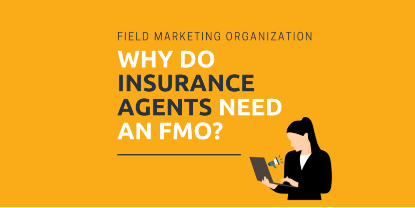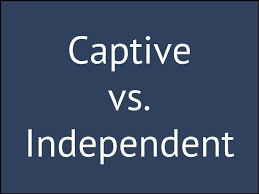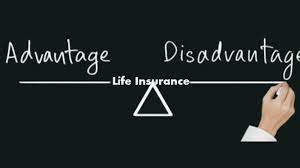Insurance brokers and agents specializing in casualty and property insurance help small business owners get coverage from insurance providers at a reasonable cost (or premium). State-licensed brokers and agents must comply with all applicable laws and regulations within their jurisdiction.
One type of small-scale commercial insurance can focus on the practice of a broker or insurance agent. They can also offer a wide range of options such as:
Personal Injury Protection
Business Owner Policy
Errors and Omissions Insurance (E&O)
Professional Liability Insurance
Commercial property insurance
Business Interruption Insurance
Workers' Compensation Coverage
Commercial auto insurance
What does an insurance agent do?
Insurance agents act as an intermediary between the insurance company they represent and the potential client by providing relevant information to the potential client. They have contracts with insurance companies that outline the policies they can sell and the amount they can expect to earn. Their underwriting system can also tie insurance companies directly into plan contracts through their underwriting systems. To be considered an agent, one must represent the insurance company and thus be able to bind the insurance company.
Generally speaking, insurance agents fall into two categories:

exclusive agent
A captive agent works as an independent contractor or full-time for an insurance company. Depending on the insurance company they work for, they may receive operational assistance from the company, including office or administrative staff. Additionally, they often receive leads and referrals from potential clients from insurance companies.

Independent agent
Independent agents have access to a wider range of insurance products due to independence from a single insurance company. As a result, insurers have access to a wider distribution network than captive agents.
What is the job of an insurance broker?
There are several types of brokers in the insurance industry, each representing a different client. Fiduciary duty is a legal requirement for some insurance brokers, which means they must act only in the best interests of their clients.
The broker will work closely with the client to find the best insurance plan for the client's specific needs. Because they don't necessarily have to sell policies from a specific insurance company, they are free to shop around to find the most cost-effective policy that matches their client's requirements.
There are also various types of brokers such as:
Retail broker
When working with customers, retail brokers are the best. To help their clients find suitable insurance, retail brokers can work directly with insurance companies or wholesale brokers.
If you wish to work with a retail broker, you are more likely to deal with policies that cover the most common risks.
Wholesale broker
Wholesale brokers provide a wider range of insurance products, including more niche products. Retail brokers and insurance agents can purchase these policies from them. Independent wholesale brokers can understand their requirements without interacting with customers.
Surplus line broker
Customers who need more insurance than the "access" market provides may have to turn to surplus insurance or other non-access insurance providers. You need an authorized remaining quota broker to help you. There are retail and wholesale excess line brokers. Professional licenses allow you to work with insurance companies that have narrower policies or have a preference for certain types of risks.







